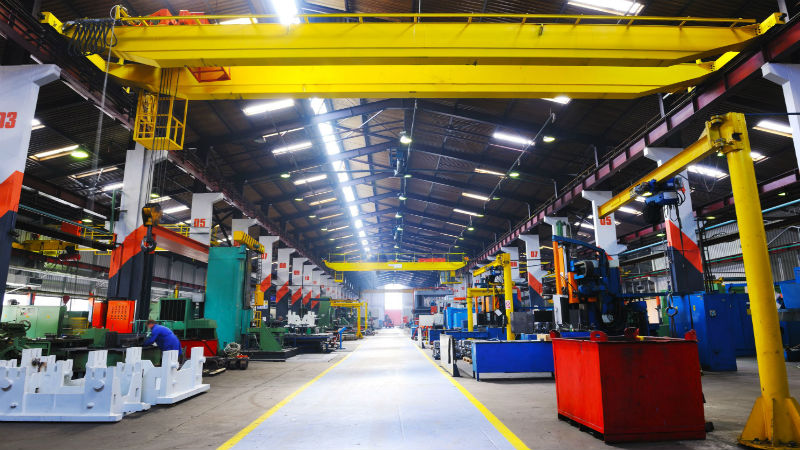For some companies, their focus is not on the actual construction of their facilities. They leave that to the experts. The same may apply to the installation, maintenance, and support of various pieces of equipment – mechanical and electrical. For such industries, the better option is to leave this type of work up to professionals. As a result, they enter into a balance of plant contract.
What Are Balance of Plant Contracts?
Such contracts are common. What they involve is an abdication of various. An industry may sign a contract with a contractor to install, maintain, and/or provide support for mechanical and/or electrical aspects of a plant. The contractor may even design the components.
Each balance of power contract differs, to address mechanical and/or electrical needs. Balance of power (BOP) plans may be signed by companies that generate power from a range of sources, including gas, oil, and wind. The company does so knowing the process provides certain advantages.
Advantages
Why do industries turn to BoP contractors? The answers vary. They do, however, embrace the following reasons:
- Expertise: Companies offering BoP services have the capabilities, experience, and skills to perform these services. This reduces the need for special training of the power industry’s staff.
- Responsibility: By hiring a BoP contractor, the power company creates a single-point of responsibility.
- Price Certainty: Contracts usually stipulate a specific price for a predetermined time for such services as maintenance, installation, replacement parts, and repairs.
- Enhance Performance: The services are performance-enhancing
Overall, companies that rely on BoP contractors do so because they embrace a turnkey concept as a solution to the potential for risks and systems failure.
Balance of Plant Contract
A balance of plant contract is one way power companies can reduce costs while enhancing performance capabilities. It also reduces the risk and incorporates maintenance and other responsibilities into one organization. These are solid reasons for power companies to continue to rely on these turnkey services.


